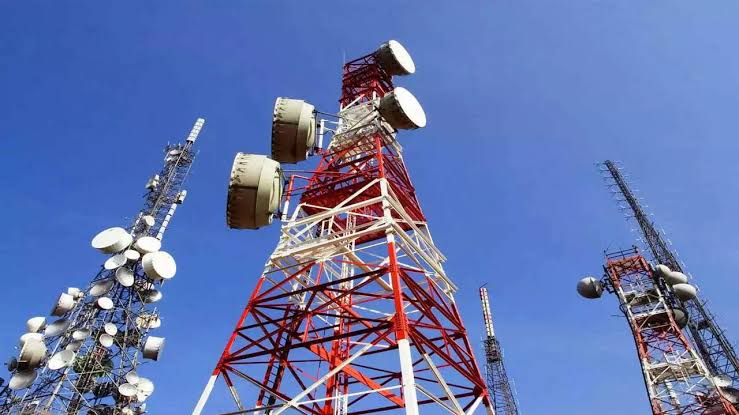
On the 21st of September this year, the Draft Telecom Bill was released by the Union government. This was done after the three previously functioning laws, namely the Indian Telegraph Act, 1885; The Indian Wireless Telegraphy Act, 1933; and The Telegraph Wires (Unlawful Possession) Act, 1950 were scrapped. The reason for replacing the already existing laws was their “irrelevance due to being colonial-era based.” However, not much has changed with the new draft bills in this regard.
While the Bill has been opened for public comments and suggestions, the proposed draft itself brings forth some key changes and plausible issues. The draft Bill defines the sovereign state to have “exclusive privilege” over providing telecommunication services, and lending licenses to private companies. Their sole claim upon specter assignment is also made evident through ‘Spectre Management’, wherein “the Central Government may establish by notification, a monitoring and enforcement mechanism to ensure adherence to terms and conditions of spectrum usage and enable interference-free use of the assigned spectrum.”
Due to new terms and conditions, licensing, authorization and monitoring, the telecommunication industry has become one of the most controlled sectors under the current government in India.
One key issue with the Bill is regarding heightened monitoring. The scope of control has widened with the broad and vague definition of ‘telecommunication’ in the Bill. Moreover, the telecommunication services that the government has listen under the surveillance radar include “broadcasting services, electronic mail, voice mail, voice, video and data communication services, audiotex services, videotex services, fixed and mobile services, internet and broadband services, satellite-based communication services, in-flight and maritime connectivity services, interpersonal communications services, machine to machine communication services, over-the-top (OTT) communication services, which is made available to users by telecommunication.” This means the Union government holds the power to monitor Whatsapp texts, Gmails, Zoom calls, VPNS, Facebook and Twitter messages and any other possible way to transmit messages and content.
Second key issue is with respect to state surveillance. P. Kuttasamy’s judgment was based on keeping privacy and personal data of citizens intact in India. However, with an absence of any data protection rule within the telecom Bill, it exposes the citizens’ personal data to being openly compromised. The term privacy is not once mentioned throughout. Under “Public Safety and National Security”, the Bill states, “In the interest of public safety, the Central or State government of any authorized officer regarding this may take temporary possession of any telecommunication services.”
However, the circumstances of public safety threat are not clearly defined which leaves space for ambiguity in the takeover process. It is also upon the Union government to issue standards on the ‘reliability’ of the provision of all public telecommunication services. This implies that the apparent quality and honesty of any telecom content would be decided by the government. Thus, this leaves citizens with no meaningful safeguards against the state surveillance architecture.
Moreover, Clause 18(2) of the Telecom Bill paves the way for the Union government to provide blanket exemptions for selected government and private enterprises.
Various groups of privacy activists, journalists and lawyers have raised concern regarding the gaps in the proposed Bill. Public comments have been published by organizations such as the Centre for Internet and Society. These largely have to do with the chapter 6 of the Bill that states “Standards, Public Safety and National Security” and the unclear limits of the definitons involved. The comment reads, “While this clause uses the test of necessity and expediency, we suggest that along with these two the clause also introduce the three prong test laid out in Puttaswamy I.” The deadline to submit comments was extended till November 20. Their incorporation, or lackthereof, and the subsequent contestations would be known after the draft is passed in the Parliament.



